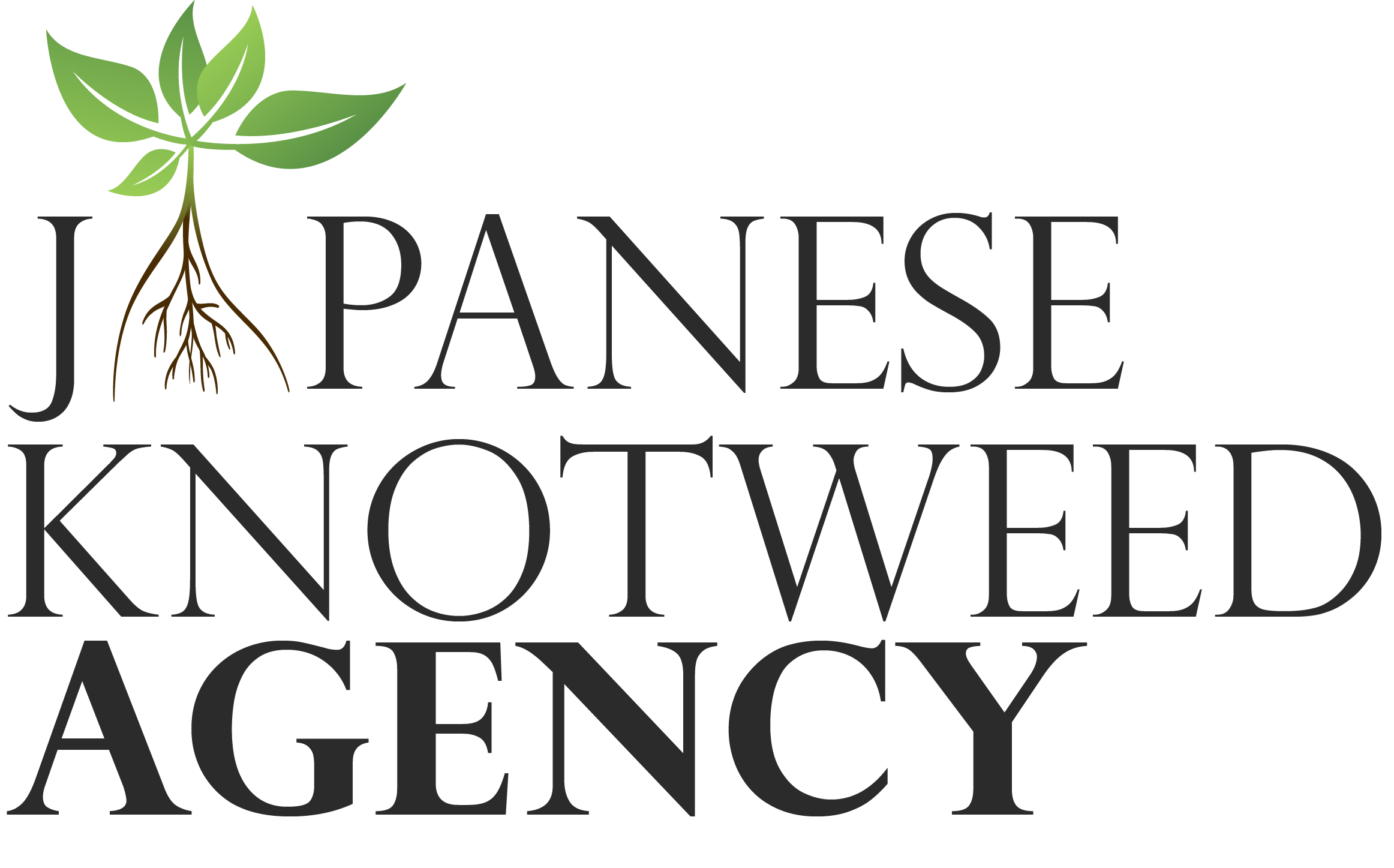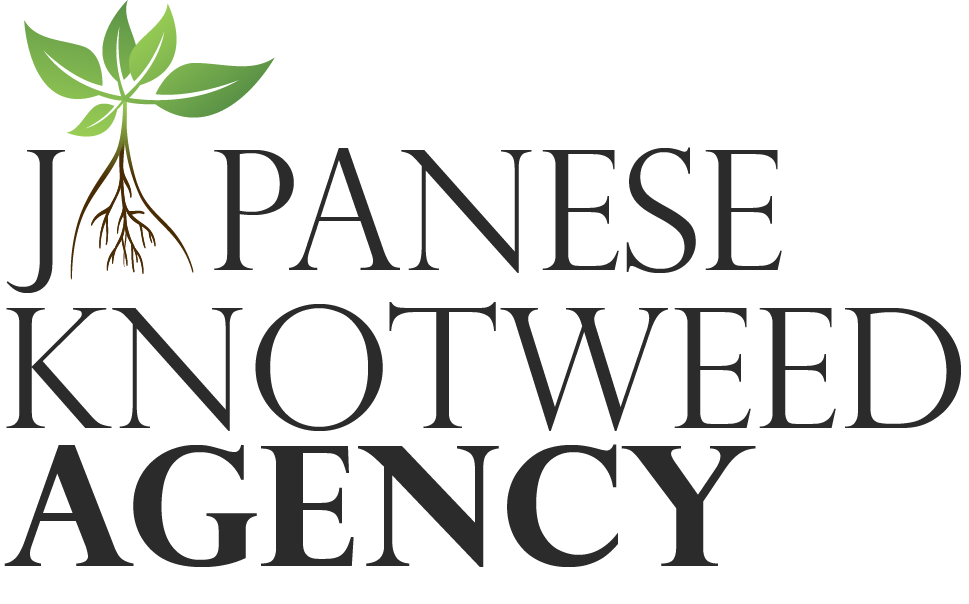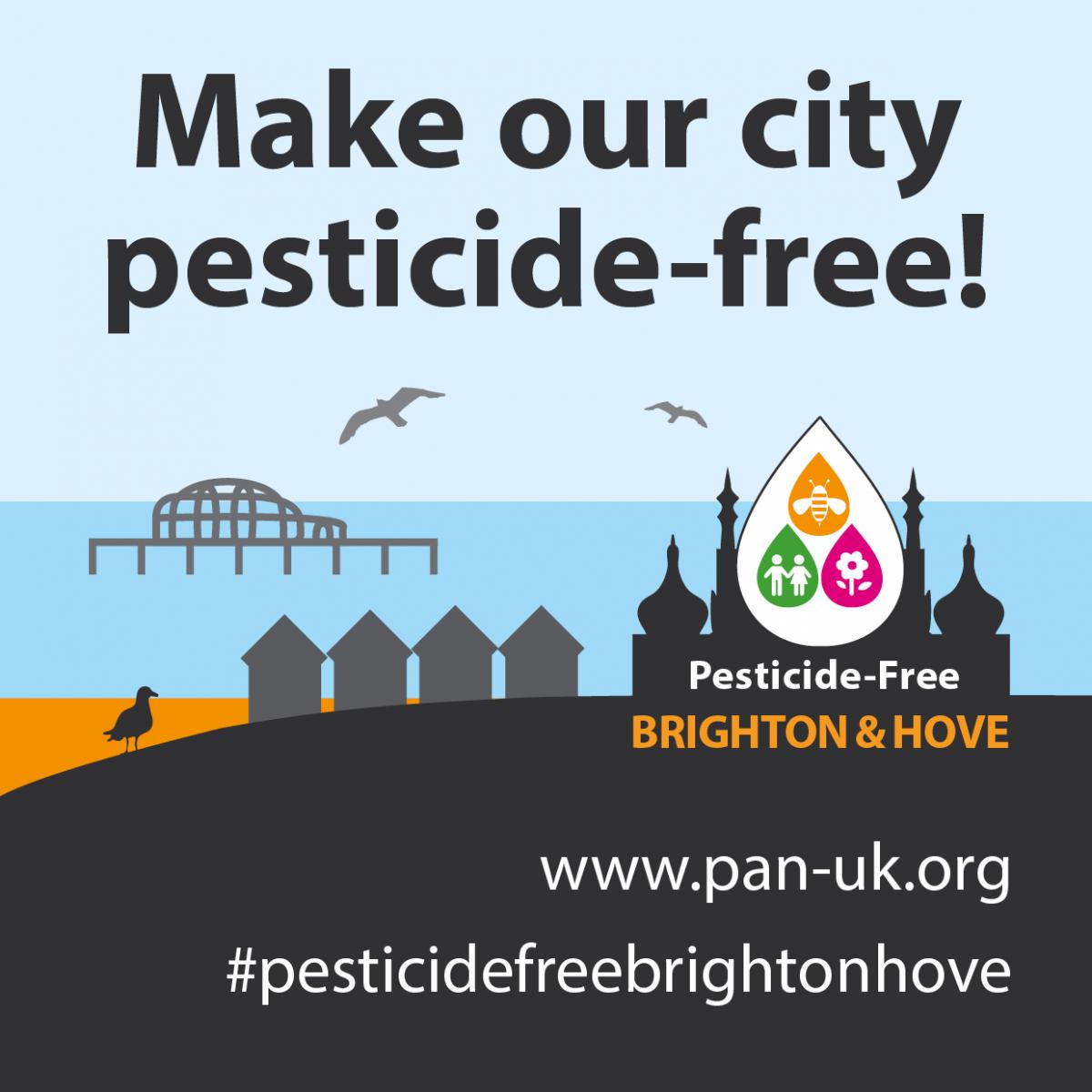Council promises to be pesticide-free by 2022
In 2019 Brighton Council pledged to become a pesticide-free city by 2022 by banning use of the chemical glyphosate, also globally known by many in the industry as ‘Roundup’.
This three-year plan to phase out the use of the toxic weed killer in all the city’s parks, open spaces, pavements, verges and housing land.
The harmful effects of glyphosate
But many experts, including Pesticide Action Network and the Soil Association, believe it is carcinogenic causes tumour’s & cancer’s in humans & exterminates environment and wildlife.
Cllr Anne Pissaridou, the new chair of the council’s Environment, Transport and Sustainability (ETS) committee, said: “Following advice from the Pesticide Action Network, officers are developing a three-year plan with a view to moving towards ending the use of these harmful chemical pesticides.
“We have already started to reduce the amounts of glyphosate used in city parks, housing land and public highways. However, we believe we can accelerate the reduction in use.
“I’m aware of the cross-party support and growing strength of feeling that residents would like the city to be pesticide free.”
City parks will be pesticide-free
A report will go to the next ETS committee in October, during which time no glyphosate will be used in the city’s parks while the impact is monitored and alternative solutions are trialled.
On the public highway and housing land weed spraying will be reduced from 2 per year to one spray this year.
Cllr Pissaridou, who has been the key driver in making a ban happen, added: “We will be limiting the use of glyphosate to lower footfall areas only and using other new technologies including hot foam, infra-red technology and other solutions to ensure only the minimum amount of pesticide required is used.
“This new technology promises to achieve up to an 80 per cent reduction in the amount of glyphosate used.
“Overall, we should achieve in excess of 95 per cent reduction in the use of glyphosate by the council this year as compared to last year.
“In future years we will be aiming to eliminate the use of glyphosate by the council and working with partners and residents to replicate this across the city.”
VIDEO – “What is a chemical treatment for Japanese Knotweed?
Alternative non-chemical treatments are available.
Japanese Knotweed Agency is the first and currently only entity that offers a non-chemical Thermo-Electrical treatment against Japanese Knotweed. Delivering up to 5000 volts directly to the weed stalks and crowns, sends a massive destructive shock throughout the weed effectively boiling it in situ and it should decompose and leave no trace.
It may take several treatments as would chemical treatment, but with thermo-electrical treatment, the ground is left 100% safe and chemical free. Treatment does not affect the ground or land or other foliage next to the treated weed, nor does it affect insects or organisms in the soil that keep it healthy.
Japanese Knotweed Agency will now offer this service across England and Wales throughout 2023 and beyond.
Treatment of weeds such as Japanese Knotweed can now be done safely, and without the use of Glyphosates, protecting our environments and the health of children and adults and wildlife, and is a massive step forwards that has been needed for decades in line with Europe.
Read more about the Japanese Knotweed Agency and their Thermo-Electric eradication on our website: https://japaneseknotweedagency.co.uk/rootwave/thermo-electrical-treatment/
Or call us freephone 03335 777 888


